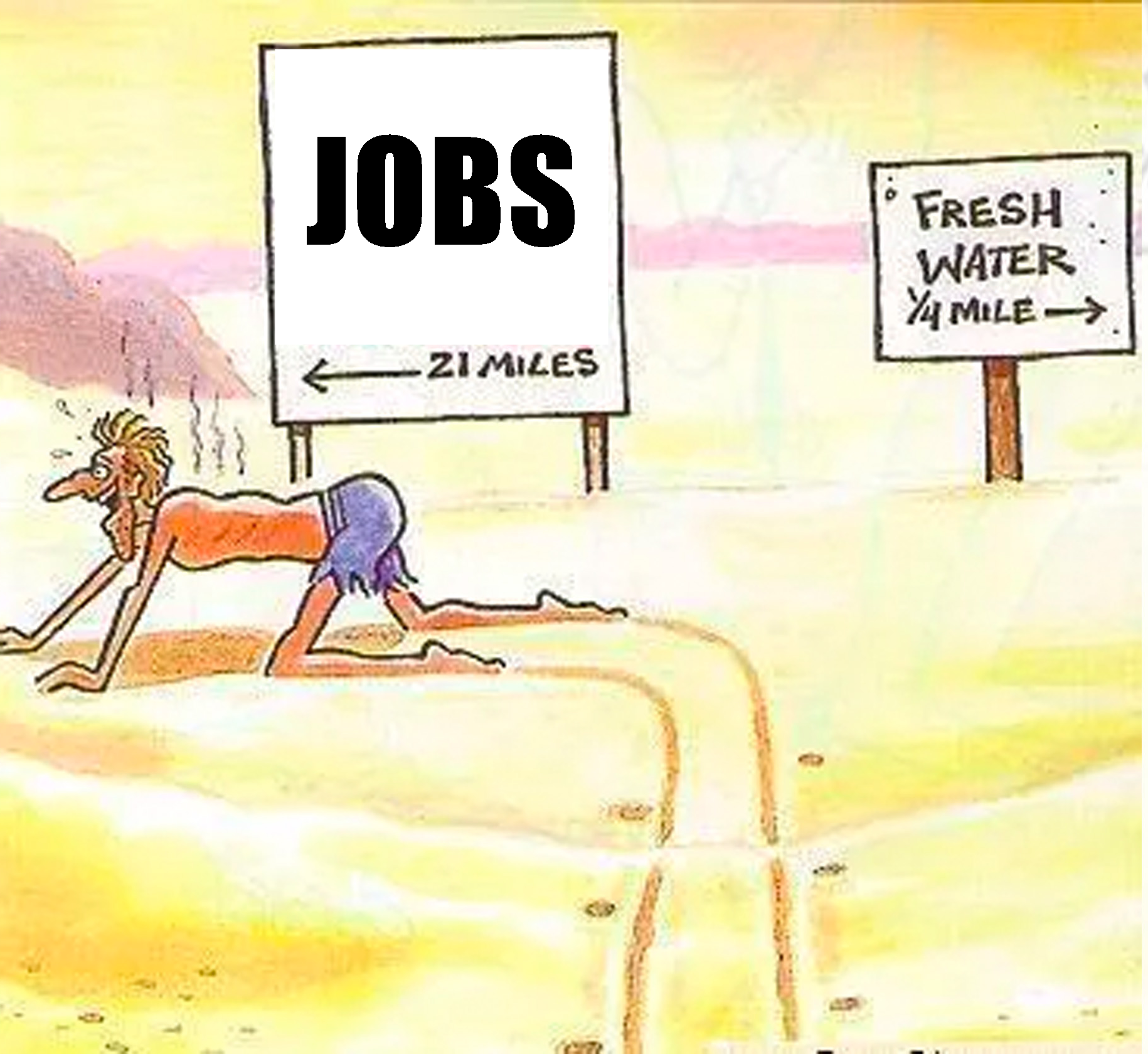Clearly your brain is carb deficient.
saves hundreds
-
Not the hundreds of crickets.
-
Unlikely to be money. Raising insects is, by definition, raising animals. They need to eat too, along with shelter.
Ditch the crickets, eat the legumes. Legumes won't run away. 🫘🫛
You write out the warnings.
The problem isn't just on X, it's just more visible there.
If they're privileged enough, they can be both!
for shareholders
Chuck is famous in Romania for having a traditional "ranch" thing and owning a bunch of rural properties (in Romania). He's not going vegan, he own animals: https://revista-ferma.ro/regele-charles-cauta-cioban-pentru-turma-sa-de-2-000-de-oi/ (use your own translation tool)
"NOM" is an onomatopoeic term for eating (an eating sound).
And they will use every tool like media, social media, TV, film, and more to keep us that way.
You forgot about the giant holy cow in the room.
Coming up with novel indicators is not enough. "GDP" isn't simply about measuring economic growth, it's about labeling the desirable feature for the economic elites. The obsession with growth predates GDP, it even predates Capitalism as it's based on the much older "tradition" of imperialistic expansionism.
One of the reasons "degrowth" is useful is because it's antithetical to capitalism and capitalism's growth imperative, so it can't be co-opted by capitalism. When you promote "regenerative", you promote a term that has already been co-opted, most infamously now with the "regenerative grazing" pseudoscience.
heel our planet
heal*


flour just refers to how the bulk food stuff is ground up into a powder. Do people really not know this?